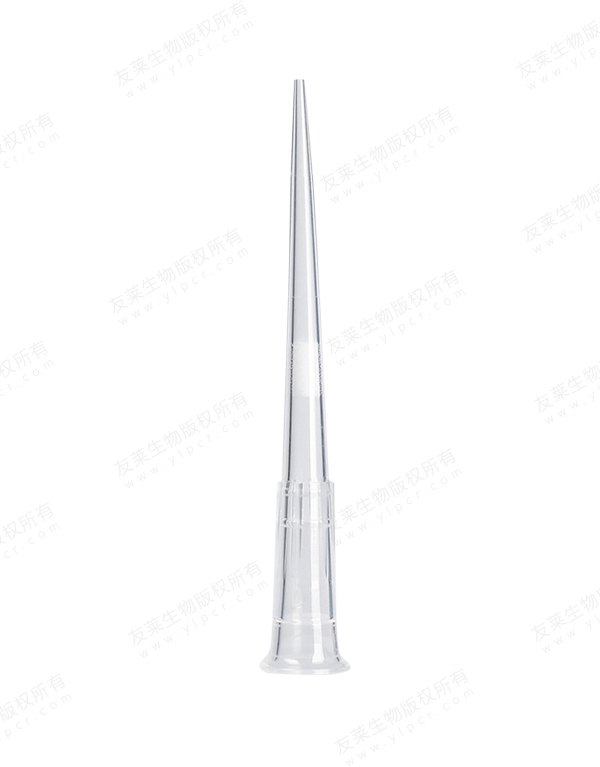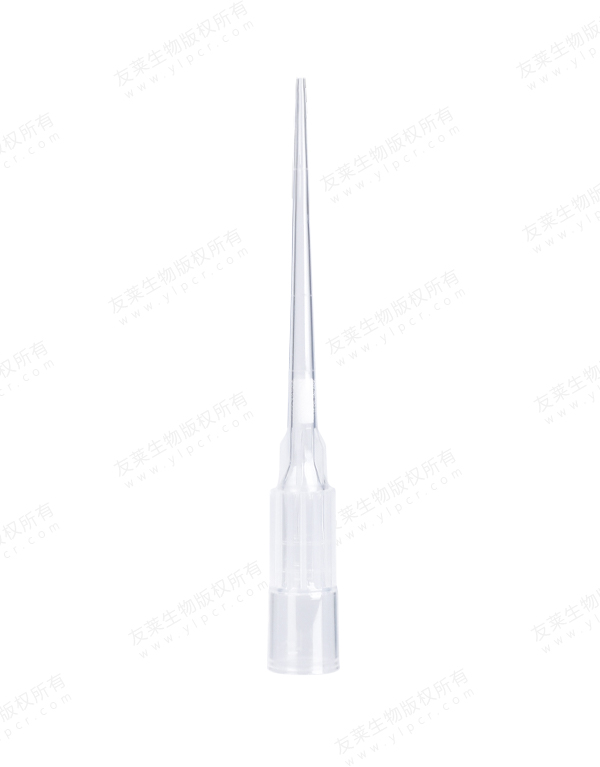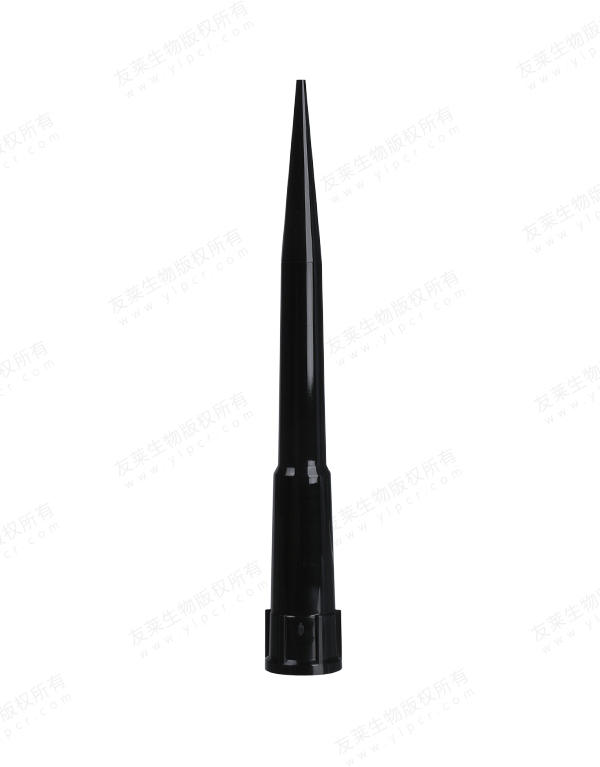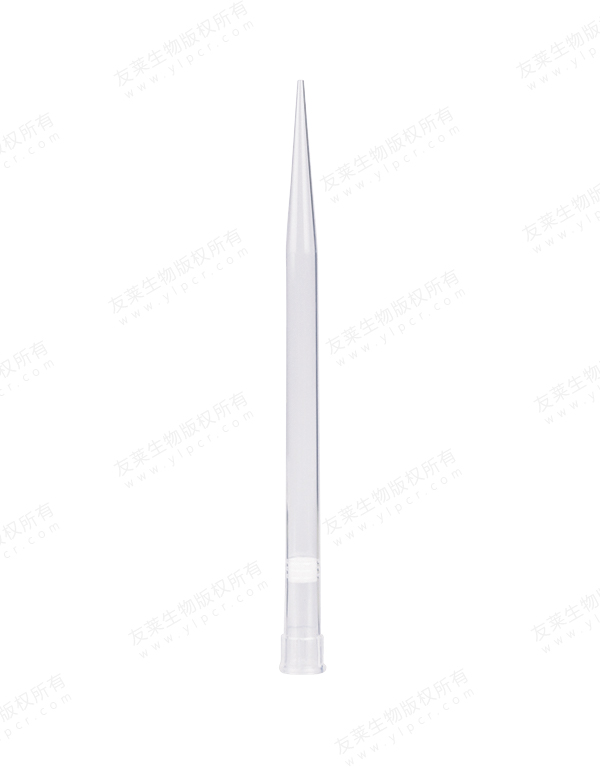Labs depend on advanced equipment, but they also need some common laboratory supplies.
The global market analysis for this sector focuses on the following types of Lab Consumables: Safety and Cleaning, General Labware, Cell Culture and Life Science Labware and Sample Preparation Labware.
Pipettes
Pipettes are used in labs to transfer fixed volumes of liquid between containers. These tools offer a number of key advantages over measuring cylinders, including precise measurement and delivery with less risk of spillage.
In addition to providing accuracy and precision, electronic pipettes also help improve lab workflows by reducing repetitive strain injuries and the need for staff absences due to illness. Their push-button functionality reduces physical effort required for aspiration and dispensing, eliminating mechanical wear from force-dependent actions like tip ejection and minimizing human error.
These sterile, non-pyrogenic, single-use milk or bacteriological pipettes are autoclavable and come in 1.1 mL and 2.2 mL sizes. They feature a fiber filter that prevents fluid and liquid vapor contamination of samples and the pipette's internal mechanism.
Syringes
Syringes are tubes with a needle that allow for precise measurement of liquids. They come in a variety of capacities, needle sizes and types, and needle gauges. They are used to administer medication, saline, dyes and other liquids.
Syringe manufacturers produce prefilled syringes to save time and reduce the risk of contamination in healthcare settings. They are produced in automated lines that feature tubing loaders, hot forming units, visual inspection machines, reject stations and a furnace.
Disposable syringes are one-time use, which eliminates the need to sterilize and sharpen each syringe before each injection. They are also economically priced, making them a popular choice for medical practices and clinics. They also offer a number of benefits such as clear, easy-to-read graduations and Luer lock hubs.
Beakers
Beakers are one of the most versatile pieces of laboratory glassware. They are used for a variety of purposes, including measuring, mixing, heating, cooling, observing chemical reactions, and transferring liquids. They are also easy to clean and sterilize.
They are commonly made of borosilicate glass, which is resistant to temperature changes and has high mechanical strength. However, they can be made of other materials, such as stainless steel or plastics (including polyethylene and PTFE).
They are often used in combination with other lab equipment to perform tasks like chromatography. They are also useful for titration experiments and collecting filtrates from filtering operations. In addition, they are also used to hold samples and for storing solutions. They are usually marked with gradations that indicate the volume of the liquid they hold.
Filters
Syringe filters may look like lab “eye candy” but they are serious business. They filter liquids by creating a physical barrier with small holes that hold out large solid particles and offer a path for the liquid.
Choosing the right lab filter depends on the chemical compatibility of your solvent and the size of particles you wish to remove from your solution. Other considerations include the flow rate and load capacity of the filter.
Whether you are sterilizing solutions that can’t be autoclaved, purifying and concentrating macromolecules, or conducting gel filtration chromatography, separation technology is essential to your work. Sartorius offers a wide variety of laboratory filter products to meet your needs. From simple syringe filters to high-performance centrifugal membranes. Our products help you reduce sample-to-report timelines and ensure accurate and safe results.
Gloves
Gloves are one of the last lines of defense against contamination, injury and chemical exposure. Proper selection and use is essential.
Ensure proper selection by reviewing the chemical compatibility and breakthrough characteristics. For extended contact, a thicker glove will provide greater protection; however, this may impact dexterity.
Non-latex gloves (nitrile, vinyl or a combination) are preferred because they do not trigger latex allergies. Chloroprene and neoprene gloves offer superior chemical resistance to acids and caustics but are less resistant to organic solvents. Special insulated gloves are required for handling cold liquids such as nitrous oxide or solid CO2 (dry ice). Inspect gloves before and after each use for signs of degradation (punctures, cracking at flexion points or rips) and immediately replace if compromised. Inspect for chemical residue on glove surface and bag for hazardous waste disposal.
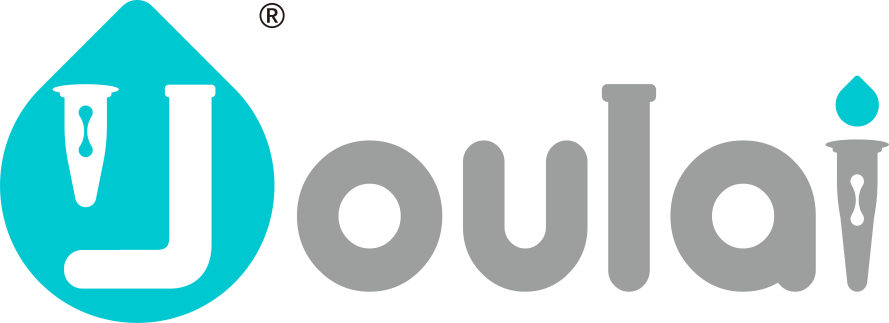
 English
English русский
русский 中文简体
中文简体